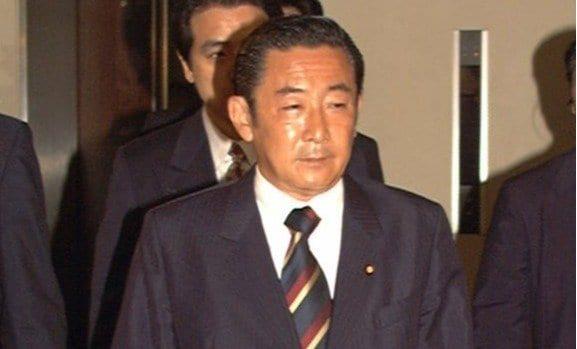
People often think Japan’s Upper House election (参院選) is less important than the Lower House election (衆院選) because it doesn’t directly change the government. But history shows that upper house elections can shake political power.
For example, big losses in past upper house elections led to the resignation of three prime ministers: Uno in 1989, Hashimoto in 1998, and Mori in 2001. Even though the Upper House has limited power under the Constitution, its elections are seen as a direct test of the government’s popularity.
Political adviser Akira Kume explains that people often vote based on their feelings about the ruling party in upper house elections, since they feel less connected to upper house politicians (who are rarely seen in local areas). In contrast, they tend to vote based on individual candidates in lower house elections.
When the ruling party loses badly in an upper house vote, it can lead to a divided Diet (“nejire”), making it hard to pass laws. This has happened four times before and often caused political instability or even a change in government.
In 2025, the Tokyo assembly election and upper house election are happening close together — something that occurs only once every 12 years. Analysts see the Tokyo election as a preview of the national mood. This year, the ruling coalition (LDP and Komeito) suffered major losses in Tokyo, signaling widespread voter dissatisfaction.
Analyst Atsuo Ito says media coverage heavily influences public opinion, and parties that get more attention often gain support — a pattern still true even in the age of social media.
As a result, both analysts predict the upcoming Upper House election could also go badly for the ruling parties. If Prime Minister Ishiba’s coalition loses its majority, it could seriously weaken his government and lead to a crisis in Diet operations.
This makes the 2025 elections especially important, with the potential to reshape Japan’s political direction.
by MagazineKey4532
